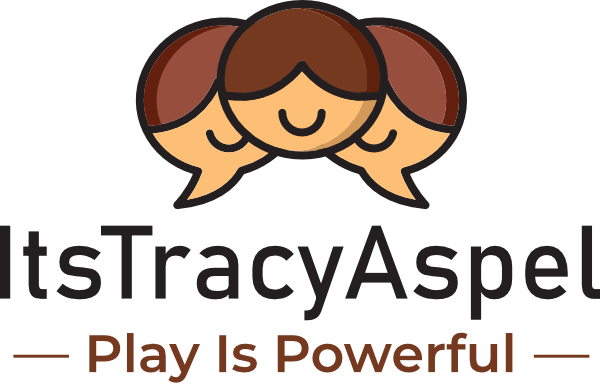The Green-Eyed Monster: 4 tips for dealing with Jealousy
Photo by Jametlene Reskp on Unsplash
A lot of talk about new ideas centres on the generation of ideas within the individual. This of course is vital, but it misses a very important component. What if you are not the person who generates the new idea, and how do you handle that? What if you are part of a group and You consider it important to be the one who comes up with the idea that will benefit your group. It is something of course that is very desirable. Creativity is one of those skills that is seen as niche, and people often rule themselves out of the idea generation race because they discount their abilities. What if someone else pips you to the post?
I have often felt threatened by good ideas. I have felt they have exposed me for someone who lacked ideas, initiative and creativity. I can't honestly say whether that feeling translated into some sort of blocking behaviour, where I would put down or poke holes in their suggestion, but I am willing to bet it did. Has this ever happened to you?
Sometimes we invent reasons because we are threatened by the potential of what is put before us. The disappointment of not thinking of it first may thwart the spreading of the idea, because it offends our ego. We want to be thought of as the creative problem-solving expert, not someone else. We personalize their success as interpret it as our failure, and assume everyone else is thinking we have failed too.
The route of this thought is often a feeling, and it is probably one or many of the below:
Jealousy - Why did they come up with it?
Disappointment - Why didn't I come up with it?
Fear - What will they think when they know I didn't come up with it?
No one of these is founded in the spirit of collaboration, and all of the reasons are ego-based.
If you feel you fall under this category, then you are not alone. Our education system breeds this level of competitiveness, and industry cultures tend to reinforce it.
As adults of course, it isn’t enough to wallow in these feelings, particularly if they are standing in our way of success. NLP, or Neuro Linguistic Programming is a told I use when training, and one of the most useful NLP tools I have used with clients over the years is reframing. Reframing is a powerful tool for looking at other people’s ideas in a more constructive way. Reframing helps you depersonalize the experience of hearing other people’s ideas and focusses your attention back on the potential that may have just landed on your lap. Here are some suggestions to handle other people’s ideas
Focus on the idea itself and not the person. Has it merit?
Once you have focussed on the idea, make sure to acknowledge the merit of the idea. That person has an ego that needs a little boost too.
Support the idea. It may be in its infancy and your support may lead to opportunities for you to collaborate.
This person may be a creative whiz kid and the more you know them, the more you can learn from them. You can use this opportunity to model their ways of generating ideas. If you haven't read the post on modelling, you can do so here.(link to modelling article)
They say the Japanese word for crisis is the same as the word for opportunity. Now there's food for thought....

